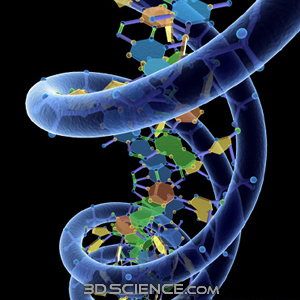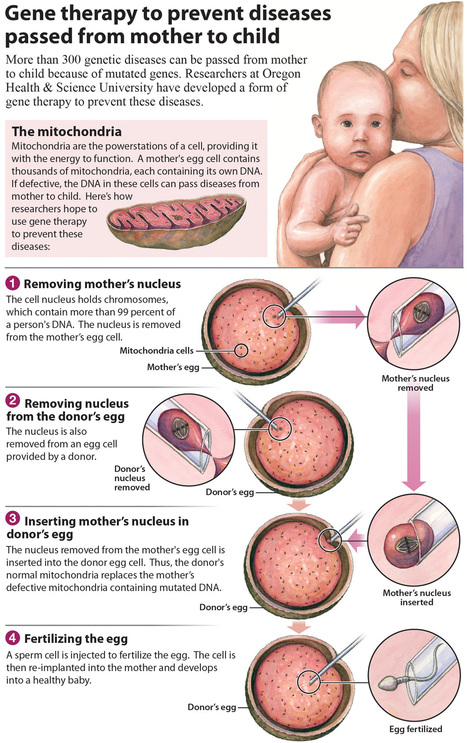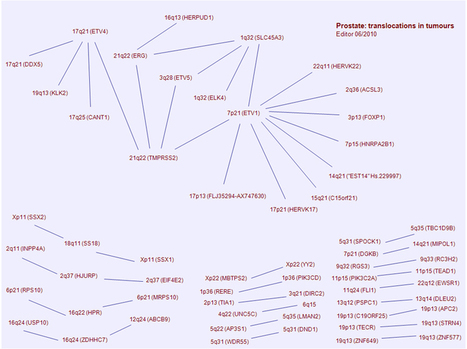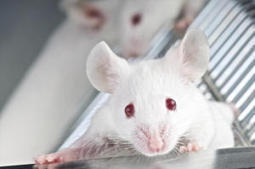What if you could improve your memory, become smarter and stronger, and live in an ageless disease-free body – just by taking a pill?
Though this may sound like the stuff of science fiction, experts are developing a better understanding of our genetic mysteries, including the powerful influence that DNA wields on our lives. It's becoming clear that cancer, heart disease, diabetes, obesity; most mental disorders, and many other ailments, could all be the result of a clash between genes we inherited from our past, and today's modern environment.



 Your new post is loading...
Your new post is loading...












